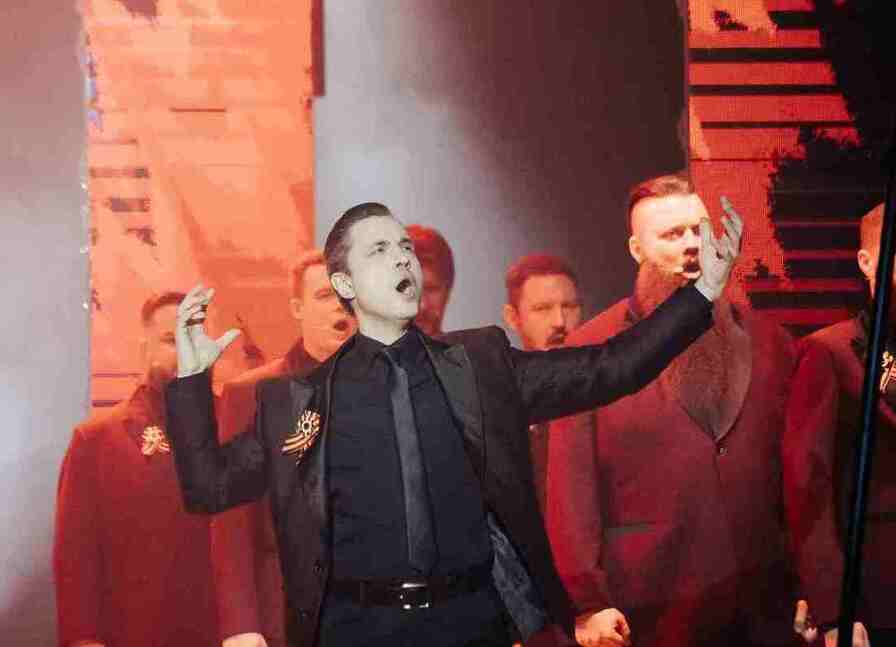
Like a living bridge between past and present, the Sretensky Monastery Choir will ascend Moscow's Sparrow Hills on May 4th, their voices carrying the weight of eight decades since the guns fell silent. This isn't merely a concert—it's a sonic monument to resilience, where every note etches another name into the collective memory.
The program "Dedicated to the Great Victory" will transform the observation deck into a portal to 1945. The familiar strains of "Katyusha" won't just be performed—they'll detonate like musical shrapnel, each verse reconstructing battlefield scenes behind closed eyelids. "The Sacred War" will resonate with the same urgency that once sent soldiers marching toward the western horizon, while "Farewell of Slavyanka" might just make the Moscow River shimmer with phantom tears.
Between the regimental marches and folk ballads, the choir stitches together oral histories—fragments of letters, diary entries, and battlefield transmissions. These aren't abstract compositions but sonic fingerprints left by those who marched from the Kremlin's shadow to the Reichstag's ruins. The effect is haunting: one moment the harmonies paint starless nights over Stalingrad, the next they mimic the syncopated rhythm of telegraph keys tapping out victory messages.
Since 2015, these robed troubadours have been compiling Russia's musical DNA through ambitious productions:
Their current nationwide tour, sponsored by an oil giant, feels less like a cultural event and more like a mobile memorial—each stop another candle lit in the endless vigil of remembrance. The final performance in Sochi on July 3rd won't so much conclude the tour as release these musical ghosts back into the wild.
As the choir's basses rumble like distant artillery and sopranos pierce the spring air like victory flares, attendees won't just hear history—they'll feel its breath on their necks. This is commemoration not through cold marble, but through living vibration.